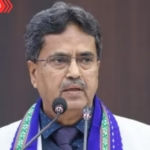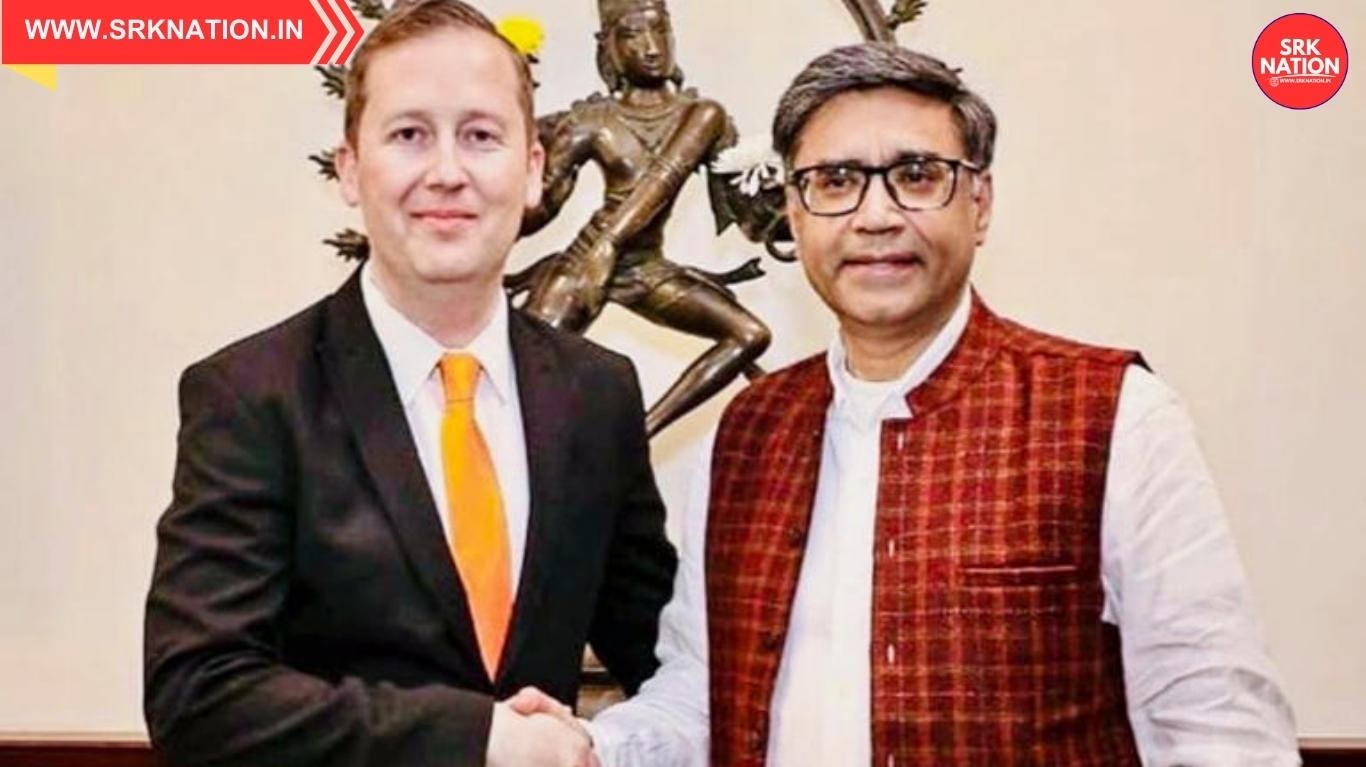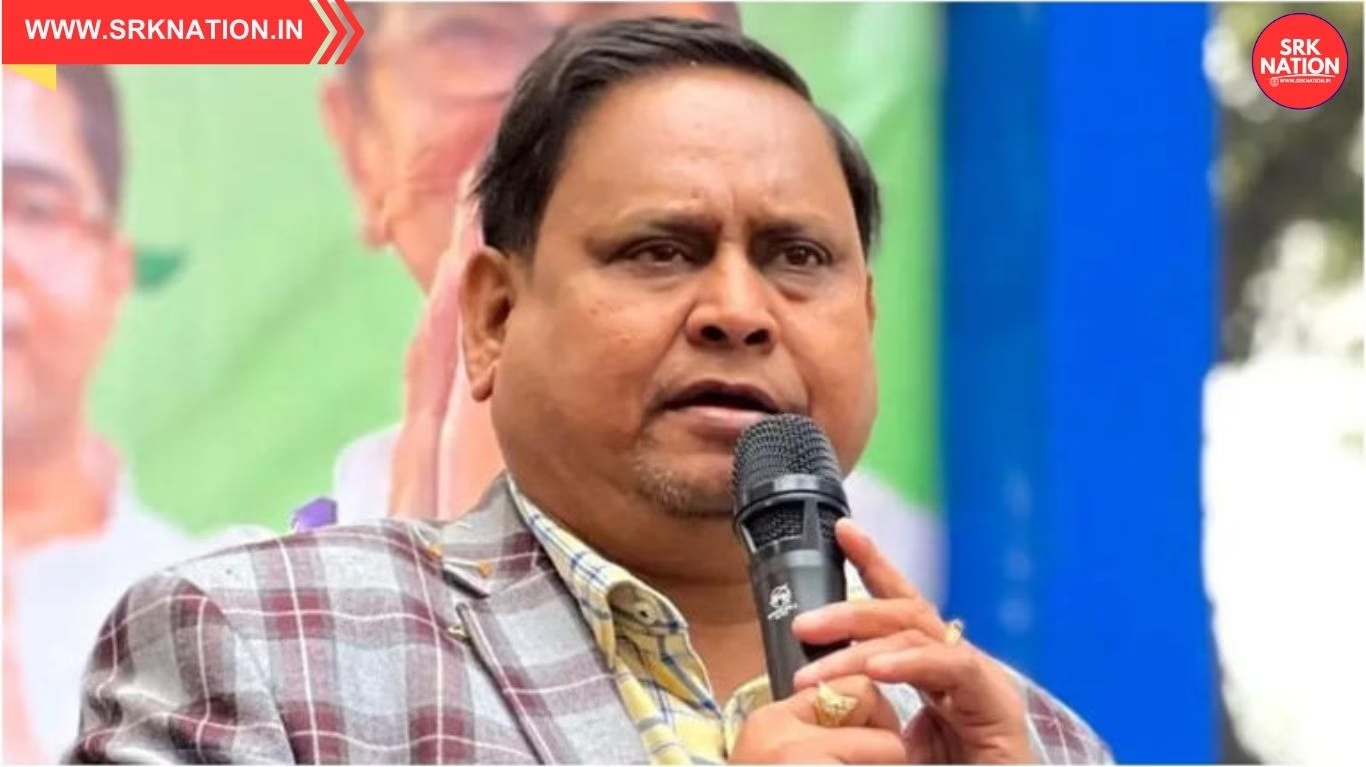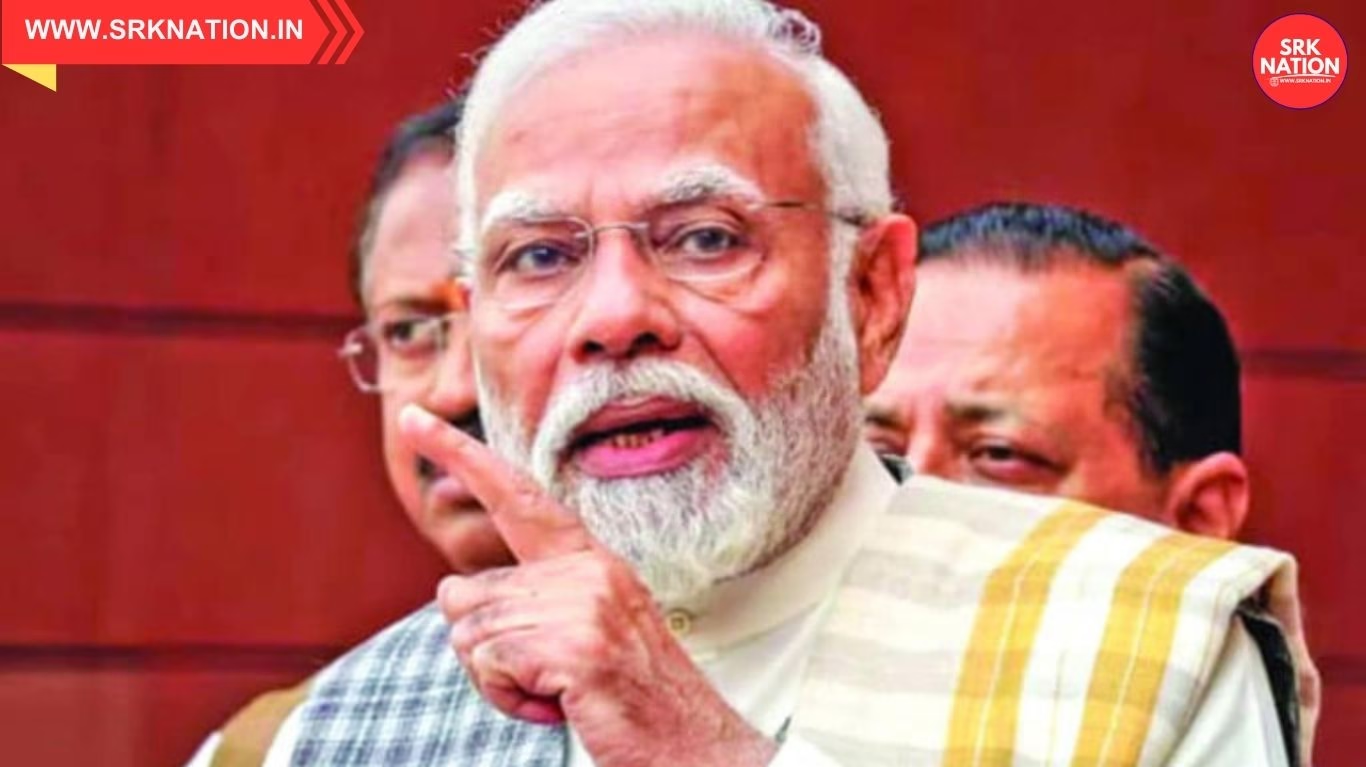The political landscape in Punjab has heated up as the Punjab unit of the Bharatiya Janata Party (BJP) prepares to meet Union Home Minister Amit Shah to demand the withdrawal of the controversial Chandigarh Bill. The legislation, which has sparked widespread debate, is being criticized for altering administrative and jurisdictional arrangements in Chandigarh, a Union Territory that serves as the joint capital of Punjab and Haryana.
The Chandigarh Bill Controversy
Chandigarh has long been a sensitive issue in Punjab politics.
- Historical Context: Chandigarh was carved out as a Union Territory in 1966 after the reorganization of Punjab.
- Shared Capital: It serves as the capital for both Punjab and Haryana, creating unique administrative challenges.
- The Bill: The proposed legislation seeks to change certain governance structures, sparking fears of dilution of Punjab’s claims over Chandigarh.
- Public Sentiment: Many political parties and civil society groups in Punjab view the Bill as an encroachment on Punjab’s rights.
BJP’s Position in Punjab
The Punjab BJP, while part of the ruling party at the Centre, faces unique challenges in the state.
- Balancing Act: The party must align with national policies while addressing regional sentiments.
- Local Concerns: Punjab BJP leaders argue that the Bill undermines Punjab’s historical and cultural claims.
- Meeting with Amit Shah: The delegation will present its case to the Home Minister, seeking withdrawal or amendments to the Bill.
Stakeholders and Their Positions
| Stakeholder | Position on Chandigarh Bill | Action/Response |
|---|---|---|
| Punjab BJP | Opposes Bill, seeks withdrawal | Meeting Amit Shah |
| Haryana Leaders | Support Bill for administrative clarity | Lobbying for passage |
| Central Government | Defends Bill as reform measure | Awaiting consultations |
| Civil Society in Punjab | Strongly opposed | Protests, public campaigns |
| Opposition Parties | Criticize BJP for double standards | Political mobilization |
Public Reaction
The Chandigarh Bill has triggered strong reactions across Punjab:
- Protests: Civil society groups and student organizations have staged demonstrations.
- Political Opposition: Parties like Congress and AAP have accused BJP of betraying Punjab’s interests.
- Social Media: Hashtags opposing the Bill have trended, reflecting widespread discontent.
- Regional Sentiment: Many view Chandigarh as an integral part of Punjab’s identity, making the Bill highly sensitive.
Key Concerns Raised About the Bill
| Concern | Explanation | Impact |
|---|---|---|
| Dilution of Punjab’s Claim | Fear that Bill weakens Punjab’s historical rights | Political backlash |
| Administrative Changes | Alteration of governance structures | Confusion among residents |
| Cultural Identity | Chandigarh seen as part of Punjab’s heritage | Emotional opposition |
| Federal Balance | Perceived central overreach | Strains Centre-state relations |
Amit Shah’s Role
As Union Home Minister, Amit Shah plays a pivotal role in addressing the controversy:
- Mediator: Expected to balance national interests with regional sensitivities.
- Decision Maker: Holds authority to amend or withdraw the Bill.
- Political Strategist: Must consider BJP’s electoral prospects in Punjab while managing national governance.
Broader Implications
The Chandigarh Bill controversy has broader implications:
- Centre-State Relations: Highlights tensions between regional identity and central authority.
- Electoral Politics: Could influence upcoming elections in Punjab.
- Regional Stability: Prolonged disputes may affect governance in Chandigarh.
- National Debate: Raises questions about federalism and the role of Union Territories.
Expert Opinions
- Political Analysts: Suggest BJP risks alienating Punjab voters if it pushes the Bill.
- Legal Experts: Debate whether the Bill violates constitutional provisions on federalism.
- Economists: Warn that instability could affect Chandigarh’s economic growth.
- Sociologists: Emphasize the cultural significance of Chandigarh for Punjab.
Challenges Ahead
The BJP faces several challenges in navigating the controversy:
- Reconciling Differences: Balancing Haryana’s support for the Bill with Punjab’s opposition.
- Managing Protests: Addressing public anger without escalating tensions.
- Electoral Strategy: Ensuring the issue does not damage BJP’s prospects in Punjab.
- Policy Clarity: Providing transparent explanations of the Bill’s intent and impact.
Future Outlook
The outcome of the Punjab BJP’s meeting with Amit Shah will shape the future of the Chandigarh Bill:
- Withdrawal Possibility: If Punjab’s concerns are prioritized, the Bill may be withdrawn.
- Amendments: The government may introduce changes to address regional sensitivities.
- Passage: If pushed through, the Bill could trigger prolonged political and social unrest.
- Dialogue: Continued consultations may lead to a compromise solution.
Conclusion
The Punjab BJP’s decision to meet Amit Shah and seek withdrawal of the controversial Chandigarh Bill underscores the complexity of balancing national governance with regional identity. Chandigarh’s unique status as a shared capital makes any legislative change highly sensitive, and the strong opposition in Punjab reflects deep-rooted historical and cultural sentiments.
As the debate unfolds, the Centre’s response will determine not only the fate of the Bill but also the trajectory of Punjab’s political landscape and the broader discourse on federalism in India.
Disclaimer: This article is based on publicly available political updates, expert commentary, and regional reports. Readers are advised to follow official government and party statements for verified details.











